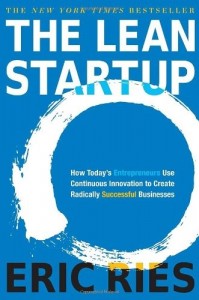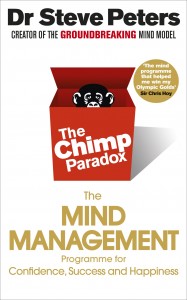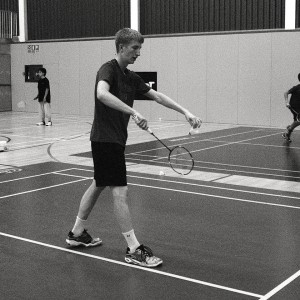Assumptions aren’t fact, they are theories you’ve created and no matter how much you think you’re right, you can’t prove it…. Well not yet!
I’ve just finished reading The Lean Startup by Eric Ries.
This book it regarded as one of the best business and entrepreneurship books going and I cannot disagree one bit! It is by far one of the best books I have ever read and a must read for anyone even remotely interested in business.
The book is full of stories of large companies in their very early days. The start of dropbox and groupon to name a few. Hearing about their humble beginnings put into perspective the importance of aiming high – they start out no different to any other company.
Besides being drawn into to hear the stories he told, the book is full of great business advice. Two stood out for me:
1 – Know what you’re assuming
You may not realise it but most startups have at least one critical assumption that if proven wrong, means failure.
It is vital that teams take the time needed to identify the assumptions their product or service is making.
Let me give an example –
uber – a hugely successful startup makes a huge assumption that people are willing to get in a car with a person who isn’t even a proper taxi driver.
Airbnb – they assumed that people would be willing to let strangers stay in their house!
For both of these, if they were false, the product wouldn’t work!
Once these have been identified, they must be tested. You can’t assume they are either true or false. Imagine, before the success of Airbnb, if someone told you people wanted to let strangers stay in their house? You’d probably think it’s absurd.
However on the opposite, even if something seems trivial, if you can’t guarantee it, find out!
2 – Testing from day one!
I had always seen the value in testing products, you can hear from customers what is good and what isn’t. However I had always assumed this had to be an almost final product. Not the case!
In the book, countless stories of testing from day one are told. Testing small features, colour changes, ideas and theories. Not can be guessed and anything that can be measured should be.
You wouldn’t build something people don’t want, but unless you find out from those people, you can’t know what they do want!
My testing experience
After reading a chapter on testing, I decided to test some of my thoughts for my latest project.
I wanted to test some different features to see how people would react. I dumbed down the process but kept the user experience as similar to the real thing as possible. I set out guidelines, offered a reward and spread the word.
The uptake was a disaster! No one was interested in testing the features, even with a free gift on offer!
The first question people might ask is, “How did you publicise the testing, did you personally ask people to be involved?”
Well, I didn’t personally ask people, however I made sure they were aware of it. This was key as it actually helped me learn something else. How I packaged and sold the actual idea mattered! People weren’t buying the vision I was selling and so that needed to change. ‘Forcing’ people into the testing would have clouded that result.
In short; read The Lean Startup, know what you’re assuming and never stop testing!















